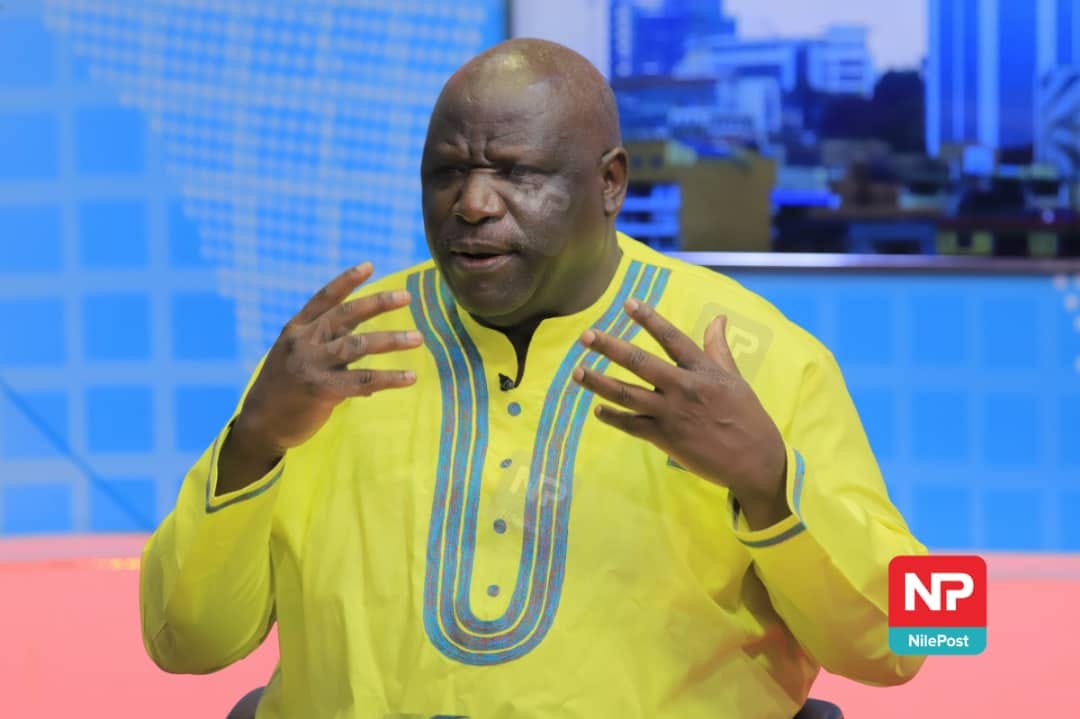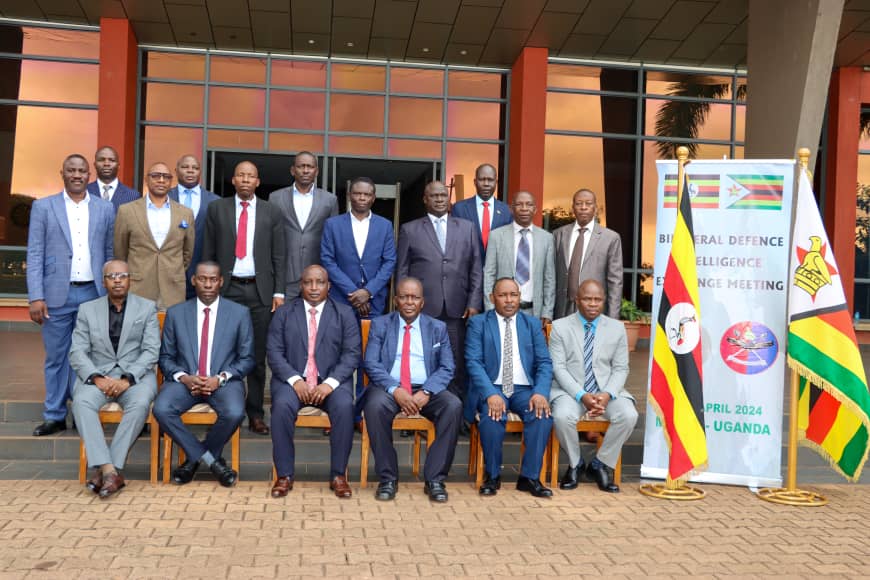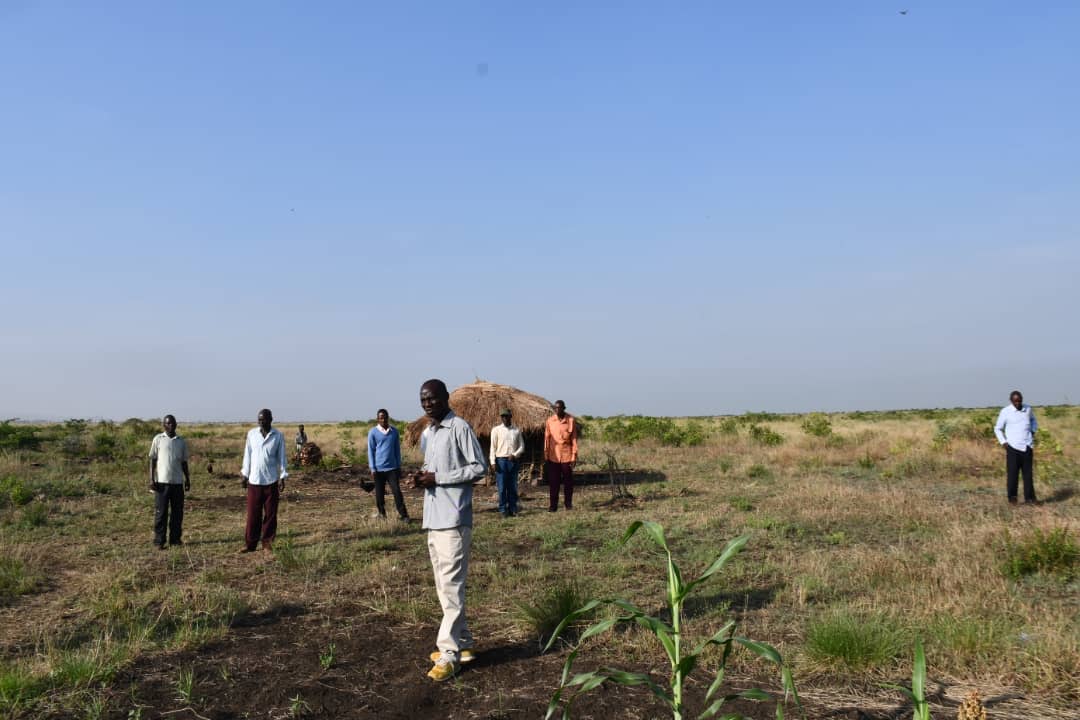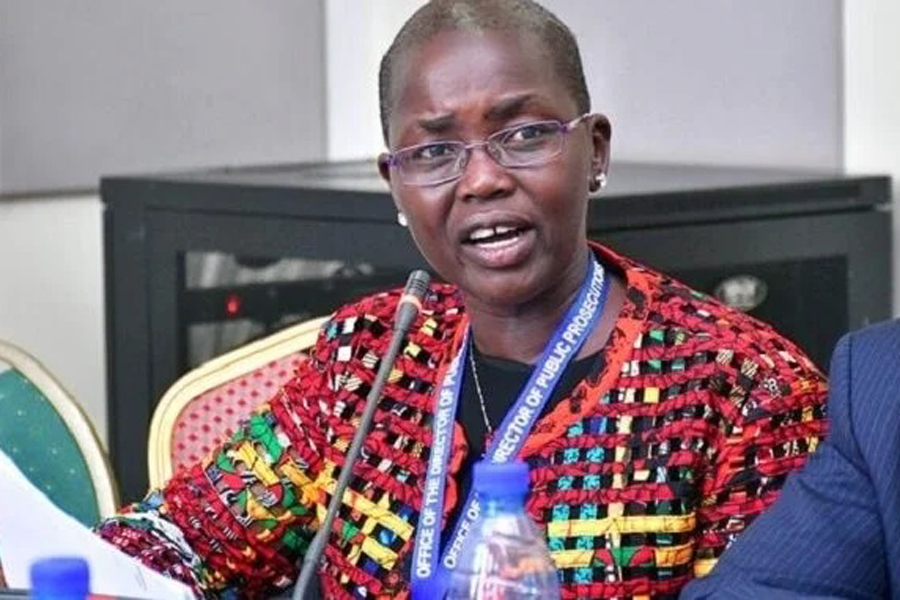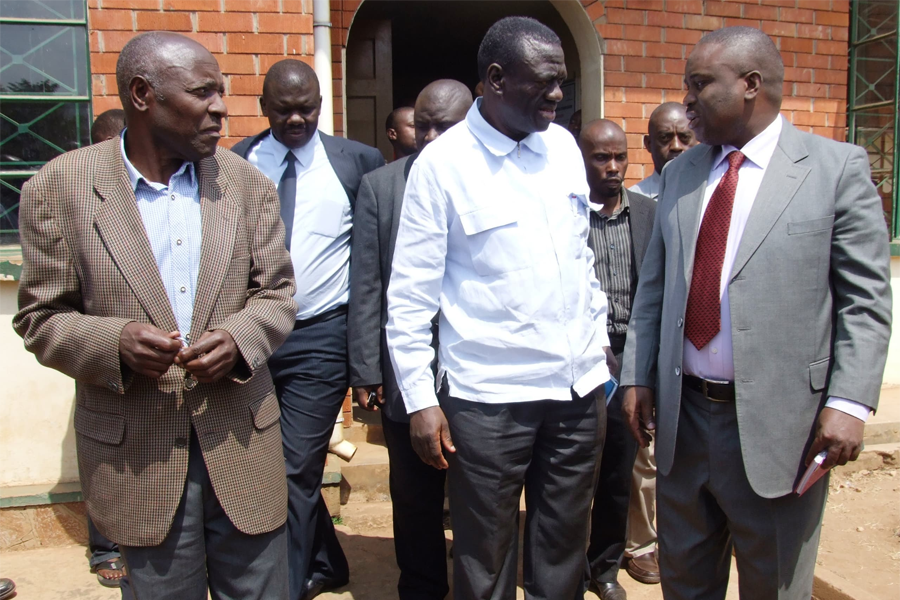Energy sector players say effects of Coronavirus pandemic have not spared them
A section of players in the energy sector have said that just like other sectors, they have not been spared by the current Coronavirus pandemic that has had lasting effects on the economy.
Speaking during a webinar session organised by Absa bank Uganda to assess the impact of the pandemic across the electricity value chain, Robert Kasande, the Ministry of Energy Permanent Secretary said they are unable to carry out the factory acceptance tests necessary to complete the Karuma Hydropower Project in Kiryandongo District.
Keep Reading
The project is being undertaken by Chinese state-owned firm, Sinohydro Corporation Ltd, and was expected to last five years starting December 2013, but was postponed in 2018 and again in 2019 for a planned commissioning date of November 2020.
Factory Acceptance Tests are checks necessary to evaluate the equipment after assembly to verify that it is built and operating in accordance with design specifications.
However, according to the Permanent Secretary, the tests cannot be carried out during the pandemic.
“Most of the equipment that we are using on the power plant is imported from overseas. This means that you cannot do the factory acceptance tests that are required before the equipment is shipped here. We all know that this power plant is being developed by a Chinese company, and coincidentally, the lockdowns happened when there was the Chinese New Year in China and many of the workforce had gone for this holiday, and could not return on time,” Kasande said.
“If you are to waive the requirement then you are likely to impact the infrastructure over a very long time. Contractually, the contractors are supposed to ensure that what they deliver to you is acceptable and we are accepting that the companies can work with the equipment that they have in-country for now with the hope that these lockdowns can be relaxed and we are able to undertake these tests.”
The 600MW $1.7 billion dollar project is at 97.83% completion and being funded, for the most part, by a loan from China’s Exim Bank.
During the same session, Selestino Babungi, the Managing Director of Umeme Ltd, said that the demand for electricity is down as the distributor’s bill payments dropped to an average of 93%.
He attributed this state of affairs to the fact that most industries were closed and most of the workforce could not access their offices.
“The good news is we have been significantly investing in technology for prepayment, payment, control of the network and for contact with us through the call centre, WhatsApp and the like. Those tools enabled us to continue providing the service while there was a total lockdown. We also zoned our technical teams in specific areas and work instructions would be sent through the use of technology,” Babungi said.
Speaking on behalf of Absa Uganda, Martin Roy Lukwago, the bank’s head of Public Sector, Financial Institutions and Non-Bank Financial Institutions said that they continue to offer a number of services to the value chain players, ranging from debt solutions, transactional services, trade and working capital and so on.
“The bottom line is that we are consistently in discussion with all these value chains to ensure that we enable them to achieve their goals. As a bank, we are very focused on supporting the government and the nation at large in the entire value chain all the way from generation to distribution.”









